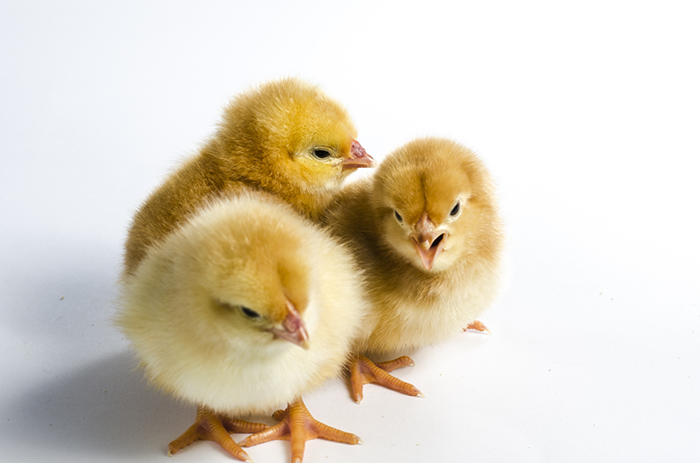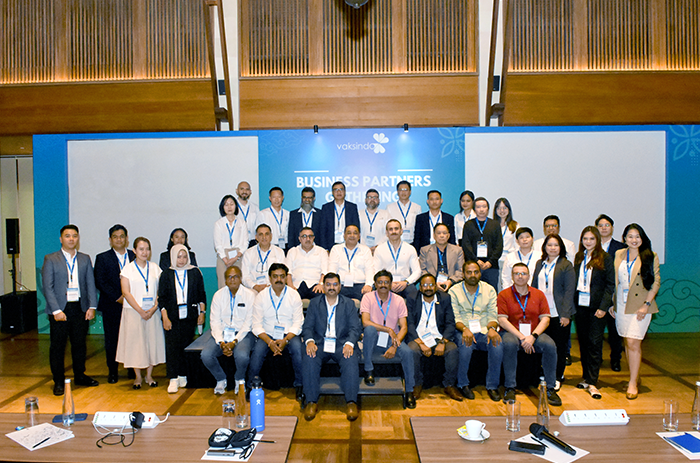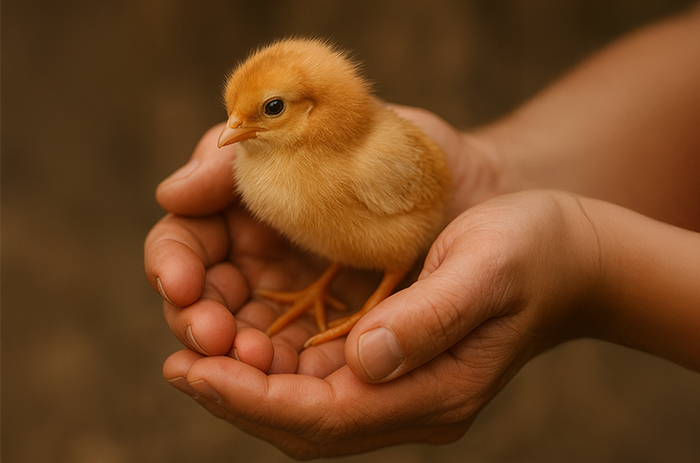

Health Management for Layer
Laying hens that are currently cultivated already have superior genetic traits so that they can reach the peak of production faster and lay more eggs. Currently also, laying hens tend to be easily get stressed and more sensitive to environmental changes. This case leads to a higher level of sensitivity of laying hens to pathogens, so farmers need to implement a proper health program. The health programs can be prepared through a multifactor approach by paying attention to the presence of pathogens and disease trends in the field. There are three things included in the health program, which are the vaccination program, the biosecurity program, and the supportive pharma program.
Vaccination is an important part of preventing outbreaks in a population. A vaccination program needs to be designed according to the condition and disease history at the farm itself. This is what makes vaccination programs different in each place. The following is a recommendation for vaccination programs by Vaksindo until the age of 21 weeks.

Vaccine selection is also another important thing in the vaccination program. The vaccine given must contain the same strain as the strain in the field. Vaccines must also be easily absorbed by the body so that the process of antibody formation is more optimal. One viral vaccine that has these advantages is Vaksimune AI Multi, while the bacterial vaccine that has these advantages is Vaksimune Coryza LE Plus. Vaksimune AI Multi contains updated H5 and H9 Avian Influenza strains with WOW adjuvants to minimize post-vaccination reactions, easily absorbed by the body, and produce more stable and uniform antibodies. Meanwhile, Vaksimune Coryza LE Plus is a vaccine product that contains 4 bacterial strains, namely serotypes A (international), B (local isolate), C (international), and C (local isolate) with WOW adjuvants so that they are more protective in the field.
The vaccination program must also continue to be evaluated by looking at the potency, titer uniformity, and titer continuity with antibodies. The potential of vaccines can be seen from the high levels of protective antibodies formed in a population. These high levels of antibodies vary widely and depend also on the strength of the challenge of the disease agent in the field. The uniformity of antibody titers indicates the uniformity of antibody titers from vaccination results in the field. Chickens that have low antibodies with poor antibody uniformity become susceptible to disease. Continuity of titers with antibodies describes the stability of protective antibody titer levels in a chicken population over time.
Biosecurity is important because it is the first defense for controlling outbreaks in or out or the possibility of transmission so that the chain of disease spread is minimal. The biosecurity program includes three main components: isolation, traffic control, and sanitation. Biosecurity programs can be in the form of limiting guests and transportation equipment entering and leaving the farm and spraying disinfectant on transportation equipment entering and leaving the farm. Disinfectants used should be changed every 3 months. The disinfectant used can be Desgrin (BKC and Glutaraldehyde) or Benzalvaks (BKC). In addition, it can also be used with a rat poison program to control the presence of rats on the farm. Another biosecurity program that is often forgotten is the flushing program (cleaning pipes/nipples of drinking water).
The provision of pharmaceuticals such as vitamins and probiotics is considered necessary at this time because of the increasing number of factors that can cause chickens to become stressed. Weather factors are a factor that often appear so that chickens are often attacked by heat-stress. Giving vitamins containing vitamin C can minimize the risk due to heat-stress in chickens. Vitamins such as Astresvit, Agriminovit, and Agriselvit can be given during the maintenance process such as during, before, and after vaccination or during the chicken entering production. Of course, the selection of this vitamin must be adjusted to the needs of chickens.
Probiotics are live microbes that when given in sufficient quantities will affect the health of their hosts. This probiotic competes with pathogenic bacteria in the intestine so that the presence of pathogenic bacteria can be suppressed. Amnil is a probiotic product that Agrinusa offers which contains B.licheniformis and B.substitis bacteria. Both of these bacteria can produce enzymes, antimicrobial components, and acids to increase feed efficiency and chicken production. As a result, the manure produced is drier and the ammonia produced is lower.
By drh. Annisa Rofiqoh
You may also like

Innovation in the Poultry Industry: Trends in Reco...
The poultry industry continues to innovate to prov...

Vaksindo Indonesia Business Partners Gathering 202...
From July 16–19, 2025, Vaksindo Indonesia-Internat...

Optimal Poultry Performance from the Start: Proven...
In the modern poultry industry, production success...

Various Methods of Hatchery Vaccination: Mechanism...
Hatchery vaccination is the practice of administer...

Understanding Hatchery Vaccination: An Effective S...
In modern poultry production, efficiency and effec...

Maternal Antibody Formation System in Day-Old Chic...
Maternal antibodies represent a form of passive im...